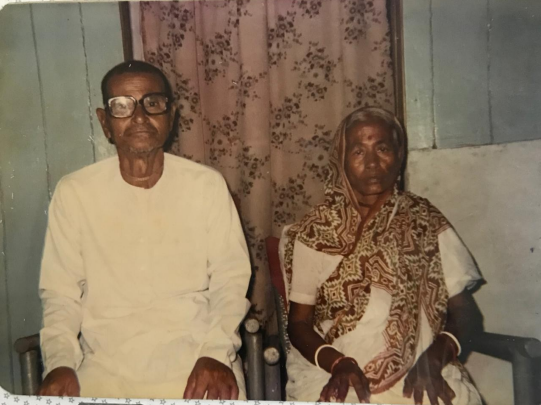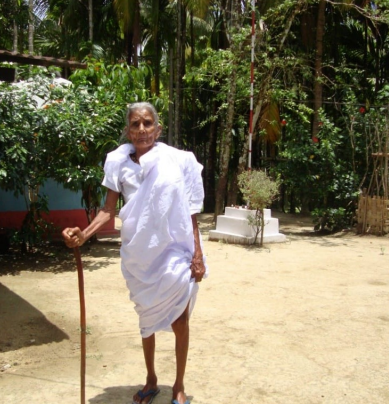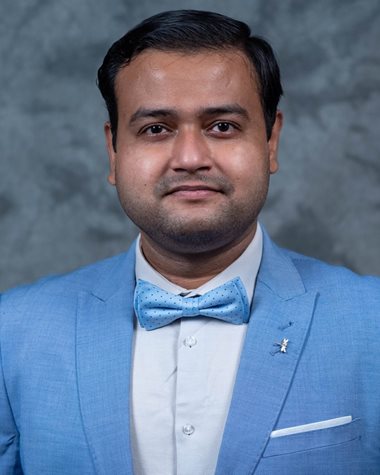February 2022

For the Love of Family: Elderly Care and an Aggie’s Mission for Change
I never met my grandfathers. They were gone before I was born. The fact that treatable illness and lack of access to care in their rural towns contributed to their demise hit me hard as a teenager. As I was growing up, I saw both my maternal and paternal grandmothers living half lives. They were happy for their grown-up children and loved spending time with us, the grandchildren, but would often reminisce about the times they shared with their better halves. I heard stories of my grandpas' work ethic, tales of their tender nature, and their motivational words for their kids. Although my grandmas never read me bedtime stories, they ensured I was aware of the lives my grandparents lived, the changes they saw, and the future they hoped we would be blessed with. With tears in their eyes, they spoke of the agony my gramps had to ensure and it etched a sense of purpose in me. It was the beginning of a journey that has taken me across three continents and a decade and a half, and I am only getting started.

My paternal grandma, circa 2000s
I have been looking into ways to highlight the plight of the elderly in societies across the US and the world, with a focus on rural and minority communities. The only way to ensure policymakers take this issue seriously is to conduct extensive research on various factors affecting the elderly in rural and minority communities. Medicare expenses, the rising cost of care, health inequity, and the shrinking workforce have greatly contributed to the situation this nation finds itself in today. Look at it this way-the people who need social security and Medicare are living longer, which has been greatly influenced by increasing technological advancements in healthcare. These changes are expensive and due to a stagnation in population with a workforce unable to keep up with these needs and contributions to these programs, most of the burden is being borne by the government which is in turn forced to seek funding from the Congress through the Federal Reserve pushing the debt ceiling through the roof. This whole situation is barely manageable at its current state, but by the 2030s when a quarter of the US population will be elderly, it simply won’t be sustainable.
A major reason I am here today, writing these words, is due to what I have learned working with the Southwest Rural Health Center. This Texas A&M School of Public Health center has been pivotal to studying rural health challenges that the state of Texas and the wider nation faces today. Be it access to care, health inequalities, reaching rural and minority communities, the center is at the forefront of comprehensive and diverse research. As a member of the team, I am learning from the best. I am contributing to knowledge development and in the future, I hope to provide policy recommendations to legislatures across the state of Texas and the United States to make sure that no grandchildren must go through what I had to as a child, and that no wife must lose her husband just because they didn’t have access to affordable care in their remote community. It is not a sprint but a marathon, and I will not falter. As for you dear reader, if you believe in my mission or the center’s purpose, I invite you to contact us and find out how you can support the elderly, and the rural and minority communities of this great nation.
